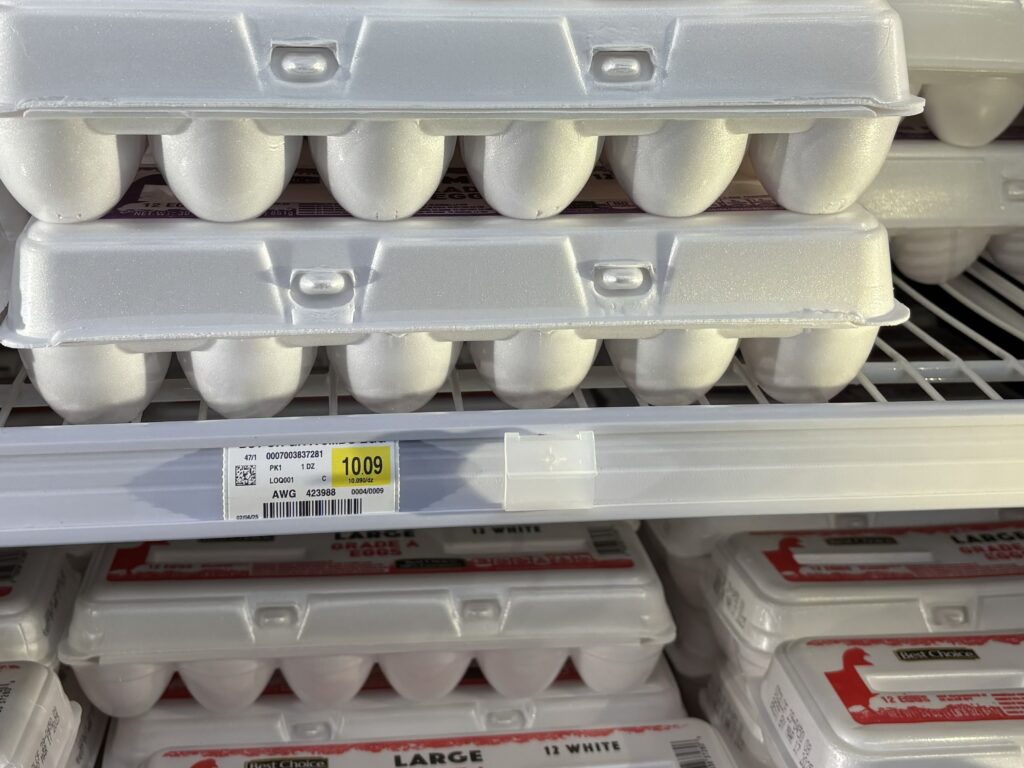Reposted from: https://civileats.com/2022/08/16/op-ed-justice-department-poultry-industry-tournament-payment-chicken-farmers-contracts-usda/
The small handful of companies that make up the hyper-consolidated poultry processing industry rely heavily on contracted farmers—the farmers they pay raise the birds for them on their own farms throughout many regions of the South, the Midwest, and the Eastern Seaboard.
Now, after years of putting up with a system that “treats them like serfs,” contract poultry farmers across the U.S. are pushing back.
At the core of the issue is the tournament system, which evolved in the 1990s as a way for efficiency-hungry corporations to exert control over contracted farmers while maintaining the illusion of their independence. This payment scheme pits farmers against one another for the price they will be paid for raising poultry. The farmers who raise the most birds the fastest, and to the company’s specs, receive a bonus—but the company doesn’t pay it. Instead, that bonus comes out of the paychecks of the lower-performing farmers.
And yet, growers ultimately have little control over the product. The poultry companies—such as Tyson, Cargill, and Pilgrim’s Pride—control all the inputs, such as the feed quality and the number and quality of the chicks, behind closed doors. This allows them to simultaneously control their contract growers and keep their own costs in check. The companies also dictate the need for expensive facility upgrades, which can drive growers deep into debt. “It’s not a good grower vs. bad grower scenario,” Eric Shafer, a Mississippi-based chicken contract grower, told us recently. “Ninety percent of what affects [chicken] growth development is a direct response to what the integrator provides.”
And as for those who speak up about this unfair dynamic? “If you don’t follow the company line,” Shafer said, “you’re going to get retaliation.” The corporations can easily and discreetly put any grower out of business by reducing the price per chicken, providing fewer chicks or less feed. Some growers we’ve heard from even believe the companies have demanded new upgrades as retaliation at times.
If the grower isn’t making enough income to cover their costs, there may not be another company in the region for them to work for. That forces them to stay on the company’s good side—or be left holding the bag for millions in loans.
The U.S. Department of Agriculture (USDA) has made several moves, beginning in 2010, to change the rules that allow poultry corporations to subject farmers to this system. The agency has also hosted listening sessions with producers who shared their stories about the tournament system on multiple occasions. But in each instance, the proposed rule change has been withdrawn or watered-down.
Then, last summer, President Biden issued an executive order promising to promote competition by controlling agriculture monopolies.
Now, the USDA is slowly cranking through two rulemaking processes that propose reforms to the tournament system—but even these proposals don’t go far enough. Big Chicken brazenly demonstrated the lengths it will go to in order to protect its bottom line: Mountaire, one of the largest chicken integrators in the U.S, was just caught pressuring its farmers to oppose the reforms.
Late last month, the Justice Department took a surprise bite out of Big Chicken. While the DOJ didn’t block the acquisition of Sanderson Farms by Cargill, Inc. and Continental Grain, the agency did take legal action to prohibit this newly merged entity—which now represents 15 percent of the poultry processing market—from using the tournament system. Under this monumental legal settlement, farmers will get a guaranteed base price and a real bonus system. The fact that the companies agreed to pay the farmers’ bonuses in this case suggests that it might be a policy they could change across the board without endangering their bottom line.
The truth is, the tournament system can’t be fixed, and should be outlawed entirely.
Recently, the USDA nearly admitted as much: the Department issued a press release highlighting the option to submit public comments on tournament system reform anonymously. Intimidation and retaliation are real barriers to farmers who may wish to exercise their right to free speech, and the USDA quietly acknowledged what many of us know: That most growers won’t comment honestly if they’re required to use their names.
By stepping in to end the tournament system for 15 percent of the poultry sector, the DOJ implemented the whole-of-government approach to reform we were promised in Biden’s executive order. The question is, can the USDA keep their end of the bargain?
Right now, the USDA has an open door to end the abusive tournament system, and vastly improve life and livelihood for the other 85 percent of America’s chicken farmers. Secretary Vilsack just needs to walk through it.
— Joe Maxwell, Farm Action President and Co-founder



